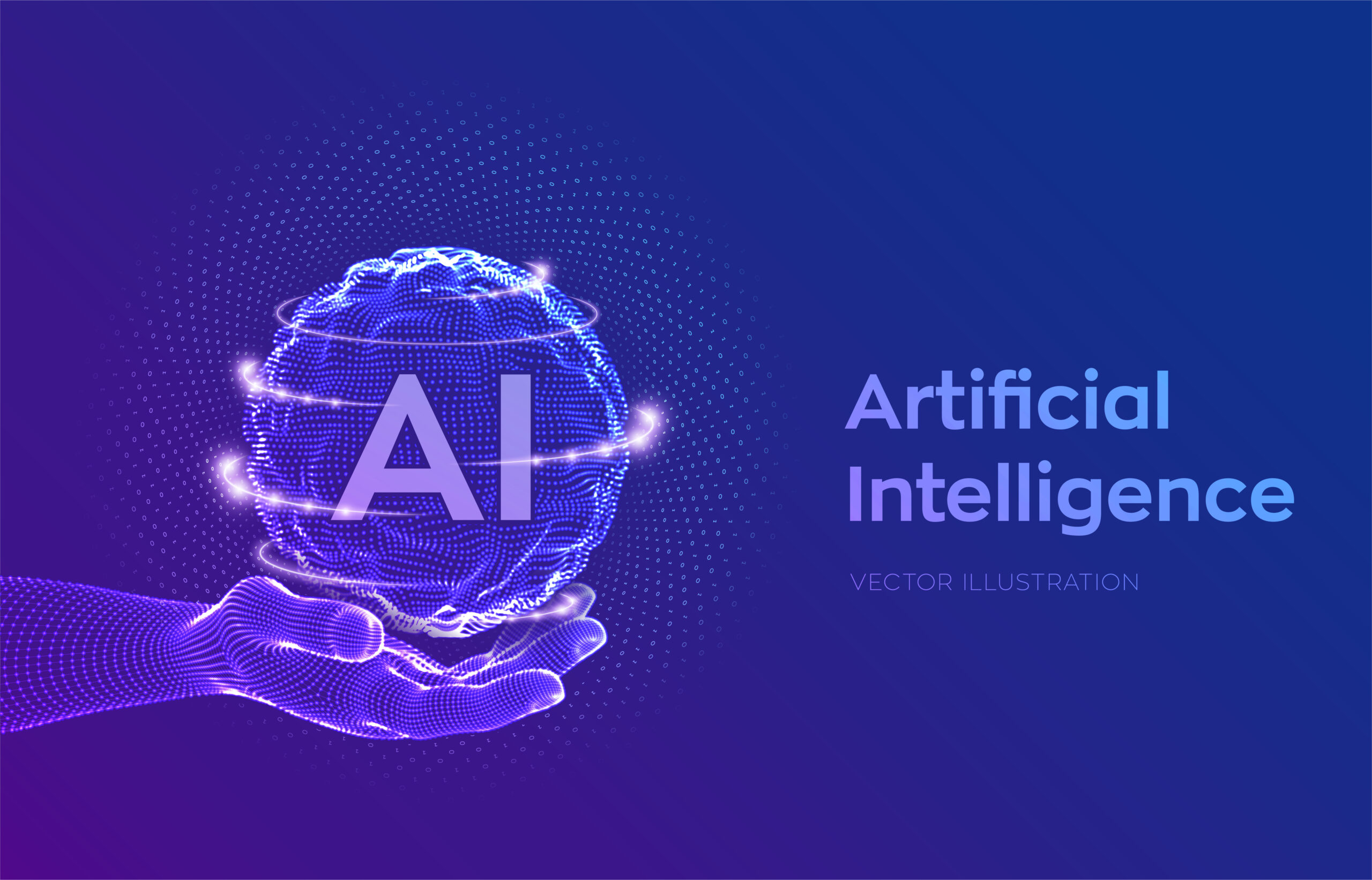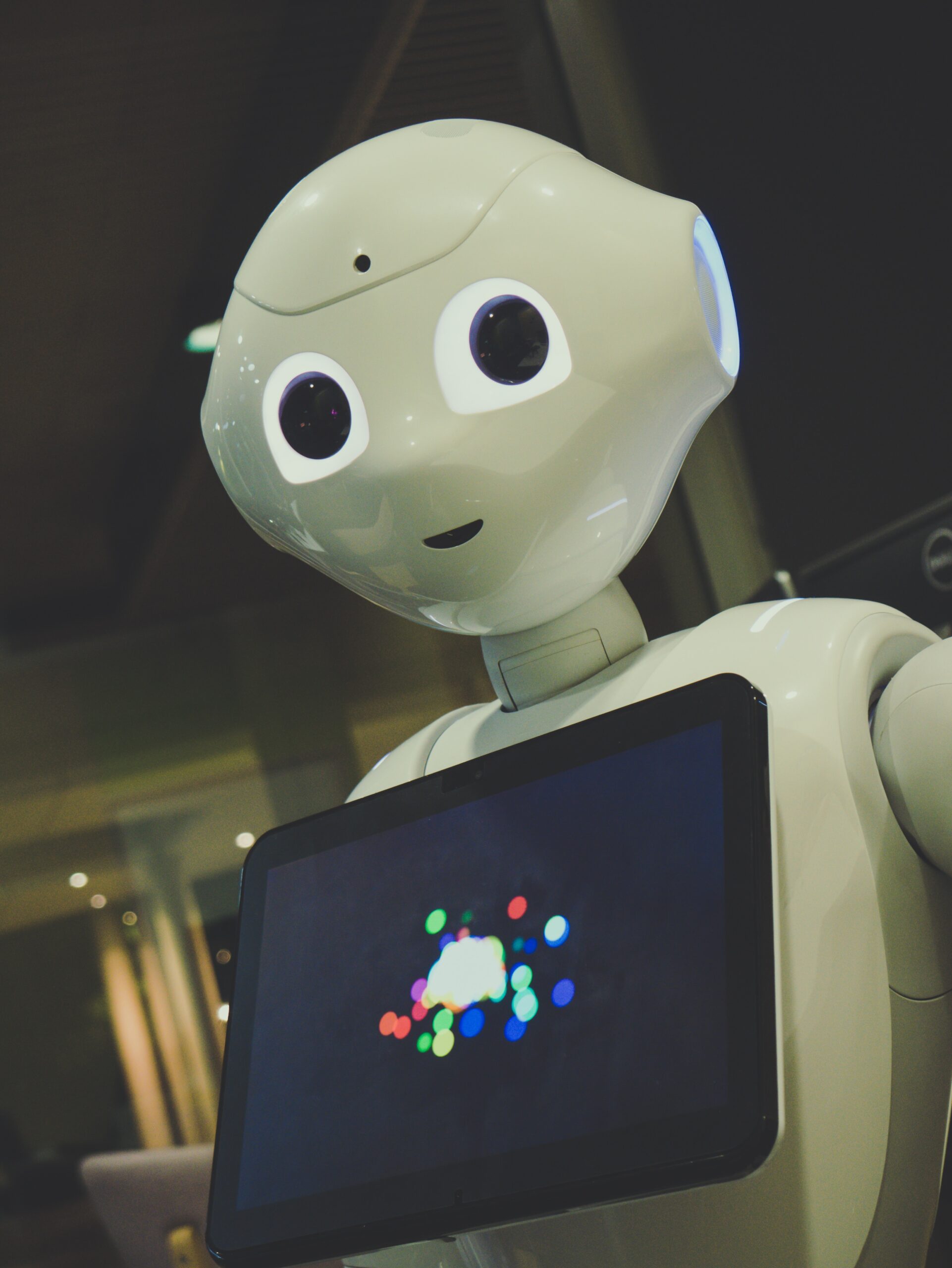The Rise of Artificial Intelligence
Artificial Intelligence (AI) has undoubtedly revolutionized various aspects of our lives, making tasks easier, faster, and more efficient. From chatbots that provide customer support to self-driving cars, AI technology has the potential to reshape industries and improve the quality of our daily lives. However, it is important to acknowledge the potential dangers that AI poses to human beings.
One of the major concerns surrounding AI is the potential loss of jobs. As AI becomes more advanced, machines are increasingly replacing human labor in various industries. While this automation can lead to increased productivity and economic growth, it also creates unemployment and income inequality. It is crucial for policymakers and businesses to anticipate and address these challenges by investing in retraining programs and creating new job opportunities.
The Ethical Dilemma
Another significant concern is the ethical dilemma posed by AI. As machines become more intelligent, they gain the ability to make decisions and take actions based on algorithms and data. This raises questions about accountability and the potential for biased decision-making. For instance, if an autonomous vehicle is involved in an accident, who should be held responsible – the vehicle manufacturer, the AI algorithm developer, or the human operator? Additionally, AI algorithms are only as unbiased as the data they are trained on, which can perpetuate societal biases and discrimination.
It is essential for developers and policymakers to establish ethical guidelines and regulations to prevent the misuse and abuse of AI technology. Transparency, accountability, and diversity in AI development teams can help mitigate the risks associated with biased algorithms and decision-making.
Safeguarding Humanity in the AI Era
While acknowledging the potential risks of AI, it is important to approach this technology with an optimistic mindset. AI has the potential to solve complex problems, accelerate scientific advancements, and improve our overall well-being. By recognizing the challenges and proactively addressing them, we can harness the power of AI while safeguarding humanity.
Education and awareness play a vital role in preparing for the AI era. Society needs to invest in education programs that equip individuals with the necessary skills to adapt to a changing job market. This includes promoting a lifelong learning mindset and fostering creativity and critical thinking.
Collaboration between AI developers, policymakers, and stakeholders is crucial in shaping the future of AI. By working together, we can ensure that AI technology is developed and utilized in a way that benefits society as a whole. Open dialogues and public engagement can facilitate the creation of inclusive policies and ethical frameworks.



